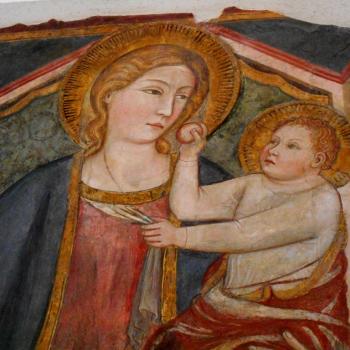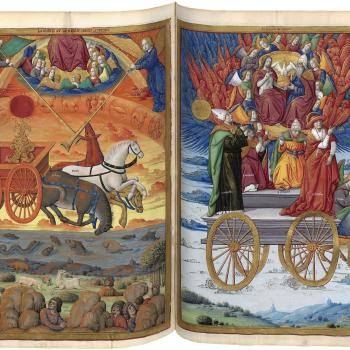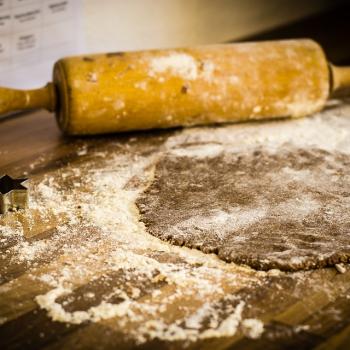If you pay attention, America can be hard to love. As a society, we have such odd and unique obsessions: we fetishize guns not as tools but as idols. We downplay horrors that don’t fit our political fantasies. We drink in rage like cheap booze. Collectively, we are far too racist, too self-centered, too focused on the needs of the white and the rich. We are often not open to constructive criticism. We deny our history. We minimize the sufferings of others and we aggrandize our own. We’re nostalgic for eras that contain horrors we ignore. We don’t work as hard to improve the lives of others as we could. We treat life cheaply. We let our children stay poor because we believe lies about their parents. We believe lies about our neighbors. We don’t read enough. We watch too much TV. We tweet too much. We believe too much of what we read. We don’t believe enough of what we read. We are not humble enough. We have kept children in cages. We have killed children while playing. We have starved whole generations. We have been selfish. We are selfish. We make idols of our selfishness. We value our own work too much and ignore the work of others. We have work to do. We never seem to learn our lesson. We’re stubborn. We’re self-righteous. We are full of faith and zeal. We never quite live up to our best ideals. We’re huge. We’re beautiful. We’ve accomplished so much even if those accomplishments often have arrived alongside horrors we don’t like to talk about. We don’t talk about them enough. We think all we do is talk about them, but that’s what we say when we don’t want to talk about them. Our standards are high for others, low for ourselves.
When I travel abroad and am asked questions about America, I keep coming back to one point: we are a very large country. It’s an odd thing to focus on but it explains so much about who we are. I kept thinking about this as I visited Tanglewood this past weekend to attend a live broadcast of Live from Here (the show previously known as A Prairie Home Companion). Chris Thile, a mandolin prodigy and cheerful millennial, hosts. Tanglewood, the summer home of the Boston Symphony Orchestra, is built with an American fantasy in mind: hitting the road for the summer and heading away from tall buildings, work, and crowds to come to the woods. We’re a nation of big cities spread across vast expanses of two-lane highways, woods, septic tanks, well-water, and small country stores. Though as a culture we should move away from our addiction to cars, abolishing auto travel altogether is impossible in a country like ours. We stretch out. We go for long drives for new experiences. We refresh ourselves with new scenes outside car windows. The America I love is big. So big it is never just the country we think we know. We could spend our whole life doing nothing but meeting Americans and we would never get to know more than 0.5% of the whole country. It’s never fully in our grasp. The America we love is always half in someone else’s brain. It’s in languages we’ve never learned.
So back to Live from Here. A Tanglewood evening, blankets, picnic food, and wine spread across a lawn approaching sunset. The season finale broadcast (listen here) was the best I’d ever heard after listening to every episode of Live from Here and decades of its predecessor A Prairie Home Companion. Where A Prairie Home Companion was a window into a simpler world of noir detectives, church suppers, and the pitfalls of community living, Live from Here is all about the future. An America aware of what came before, but recklessly continuing with a delicate and informed touch. Chris Thile started hosting in the middle of the 2016 election cycle. Back then, he played a careful hand, mocking the excess and absurdity of the whole thing. Now, when we see how cruel we can become, how quickly we can forget our own roots, he isn’t afraid to make a bolder point. He ends the broadcast reading from Emma Lazarus:
The air-bridged harbor that twin cities frame.
“Keep, ancient lands, your storied pomp!” cries she
With silent lips. “Give me your tired, your poor,
Your huddled masses yearning to breathe free,
The wretched refuse of your teeming shore.
Send these, the homeless, tempest-tost to me,
I lift my lamp beside the golden door!”
Everyone cheered. There were tears. There was a recognition of what we are. Something always more than what we’ve been.
A song from Lake Street Dive was a highlight for me. The singer repeats “I can change. I can still change.” For the American and for the Catholic, what other affirmation is there?












